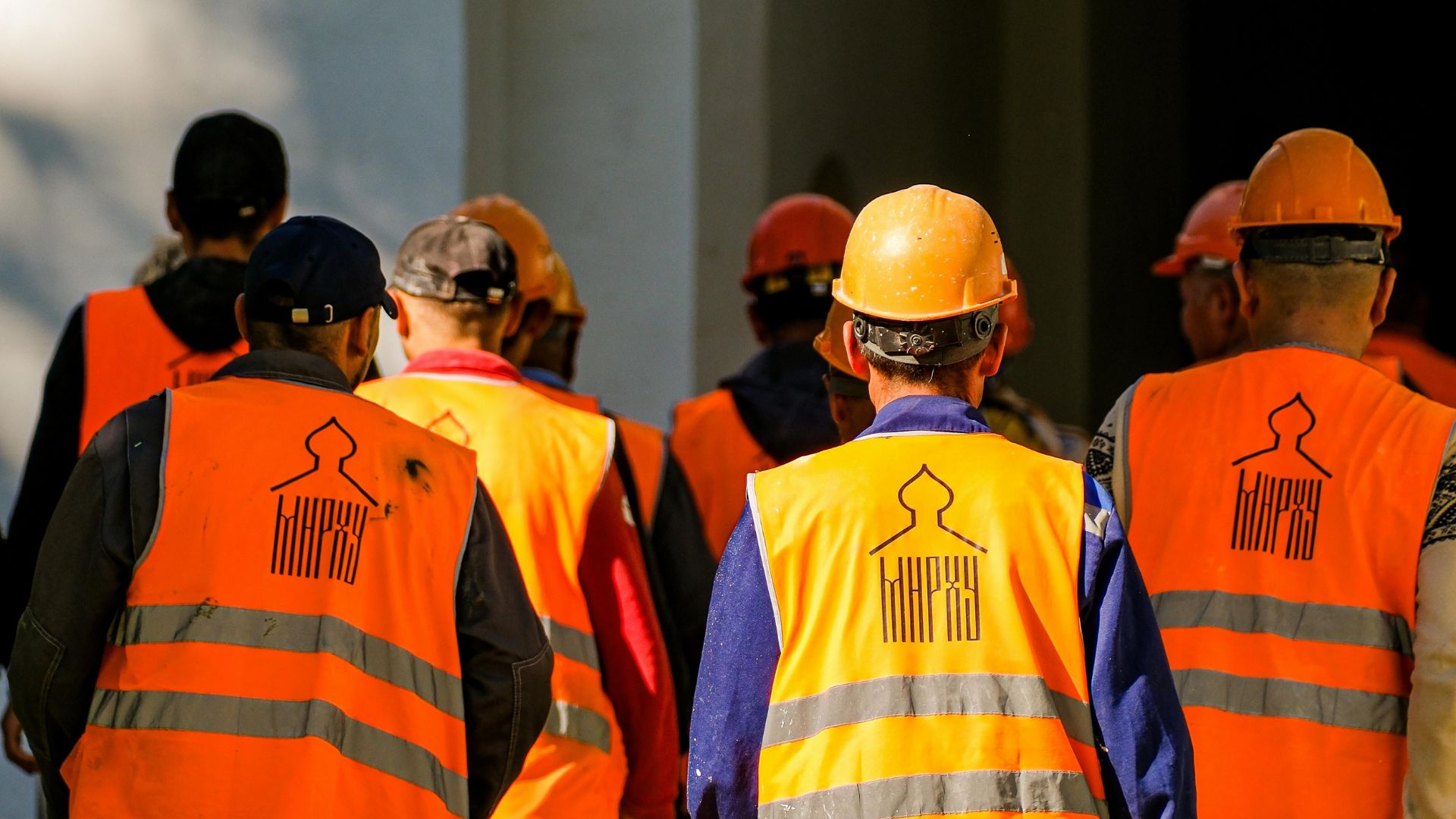Peptalk blog
Industry Expertise & Insights
Stay ahead with expert insights on workplace safety, team engagement, and construction performance. From data-driven strategies to real-world case studies, explore how leading teams are building safer, more connected, and high-performing job sites.
Latest trends in workforce morale and safety
Actionable advice from industry experts
Success stories from real projects

.jpg)







.jpg)
.jpg)







.jpg)







.jpg)

%20(3).webp)







.jpg)
.webp)


.webp)

.webp)
.webp)
%20(1).webp)
.webp)

.webp)
.webp)




.jpg)
.png)

.png)